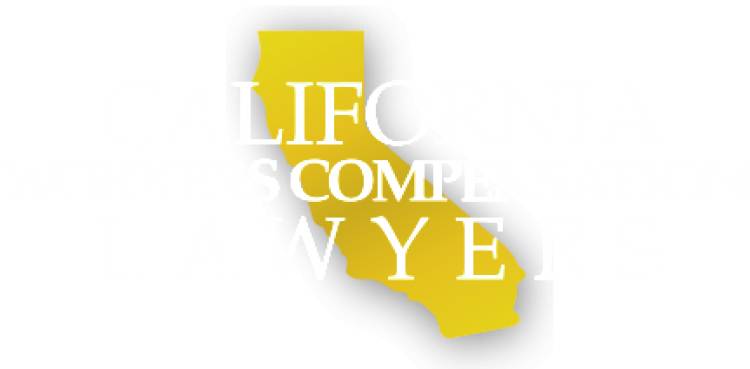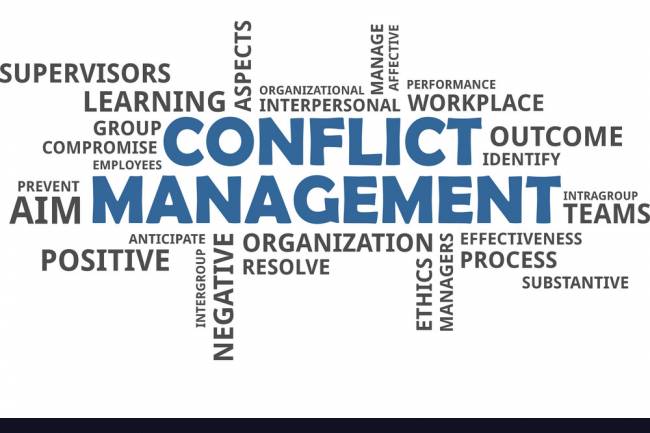
Persistent Obligations: Debts That Survive Chapter 7 Bankruptcy
Bankruptcy, specifically Chapter 7, is often perceived as a magic wand that erases financial troubles. While it does offer a fresh start by wiping away many unsecured debts, it's essential to understand that some obligations remain steadfast, refusing to be discharged. For those considering this option, resources like https://sandiegobk.com provide valuable information on navigating these complexities. Here's a closer look at the debts that continue to linger even after filing for Chapter 7 bankruptcy, offering insight into what can and cannot be resolved through this financial restructuring process.
The Ever-Present Student Loans
Education’s Price Tag Stays Attached
For many, student loans are a significant financial burden. The hope of Chapter 7 relieving this weight is unfortunately, for the most part, a fleeting dream. Unless the debtor can prove "undue hardship," which is a challenging standard to meet, student loans will remain. Courts often require evidence that repayment would prevent maintaining a basic living standard, that this situation will persist, and that the debtor has made good faith efforts to repay.
Child Support and Alimony: Unyielding Responsibilities
Familial Duties First
Child support and alimony are obligations rooted in ensuring the well-being of family members, particularly children. As such, they remain untouched by Chapter 7 bankruptcy. Ensuring that children and ex-spouses are financially supported is a top priority, so these debts are immune from discharge. Additionally, any efforts to sidestep these obligations might lead to wage garnishments or property liens.
Tax Debts: The Inescapable Hand of the Government
There’s No Running from Uncle Sam
Certain tax debts, especially those less than three years old, stick around post-Chapter 7. While some older tax debts might be discharged, the criteria are strict. The tax return must have been filed at least two years before the bankruptcy, the tax assessment must be at least 240 days old, and there should be no signs of fraud or willful evasion.
Legal Consequences: Restitution and Personal Injury Claims
Paying the Price for Misdeeds
If a debtor has been ordered to pay restitution due to a crime, that debt will survive the bankruptcy. Similarly, any debts arising from a personal injury or death caused by the debtor's intoxicated driving remain. Society and the legal system emphasize that individuals must face the financial repercussions of their actions, especially when they harm others. In this context, it's also important to recognize the role of workers' compensation, a crucial aspect handled by experts such as those found at http://www.workerscompensationattorneyorangecounty.com, which ensures financial support for employees injured on the job, further emphasizing the responsibility towards those affected by workplace incidents.
Recent Large Purchases and Cash Advances
The Timing Matters
It might be surprising to some, but debts from luxury goods purchased or cash advances taken shortly before filing for bankruptcy might not be discharged. This rule aims to prevent individuals from running up significant bills and then immediately turning to bankruptcy as an escape route.
Government Fines and Penalties: Paying Your Due
Obligations to Society at Large
Fines, penalties, or restitution imposed by government agencies remain steadfast in the face of Chapter 7 bankruptcy. Whether it's a fine for violating municipal codes or penalties for specific regulatory infractions, these debts persist.
Emerging from Chapter 7 bankruptcy can feel like a breath of fresh air. But it's crucial to be prepared for the debts that remain. Crafting a sound financial strategy, seeking counseling, and understanding one's obligations can ensure that the path forward is clear and manageable. Remember, while Chapter 7 provides relief, true financial well-being comes from informed choices and sustained responsibility.












